The furore in some small-minded quarters over England appointing a German manager, Thomas Tuchel, poses a question about football and its tribal loyalties.
I’m just back from Denmark and Sweden to find another two new bosses from outwith Caledonia have joined the Premiership gaffers’ union.
St Johnstone’s appointment of Finn, Simo Valakari, and Hearts’ hiring of English boss Neil Critchley leaves just five Scots as managers in our top league.
And in the Premiership, non-Scots can outnumber locally-born players in some teams.
In fact, I’ve idly wondered if ‘Spot the Scot’ might replace the fans’ pre-match ritual of predicting the team selection.
But does the infusion of non-nationals as players and managers matter?
We had Berti Vogts as our national team boss and England previously had the late Sven-Goran Eriksson from Sweden as a head coach, in a sport which has grown increasingly global.
Should it concern us if the only or main local connection with the team is the fans and stadium?
Football has always been a mercenary sport and historically, from the early days of the ‘Scotch Professors’, as our early style of passing footballers were referred to, Scots players sought fame and fortune in England in great numbers.
I watched the documentary The Boot Room Boys on Liverpool, featuring their first FA cup win v Leeds in 1965.
There were four Scots in each team – not unusual back then.
Any current concerns over our failure to produce enough quality, home-based players may be starting to ease anyhow.
Concerns over a lack of emerging talent might only be a temporary phase as we seem to now be producing good young players from club academies.
Recently, we’ve seen increased numbers of young Scots heading south and as Alan Temple wrote in The Courier in midweek “Scotland is being scouted aggressively and incessantly” for our promising youth players.
Football, like every other area of life today, is global and it has been for a long time.
So the profusion of foreign managers and players is a natural, albeit greater continuation of a trend which has been part of the game for many years and will remain so.
On a similar global theme, United and Dundee had 11 players on international duty while domestic football took a break.
The players union Fifpro have expressed concern about the numbers of fixtures players are being asked to play.
It’s easy to look enviously at footballers as under-worked and overpaid but reality often clashes with that simplistic view.
The sport is placing increasingly untenable demands on players’ bodies and that leads to fatigue and physical breakdown.
The intensity of modern football puts workloads and demands on players, and strains muscles and joints beyond what is desirable.
Injured and unfit athletes cannot perform to their maximum if they’re pushed beyond limits of natural physical and mental endurance.
It’s a well established fact that rest is as important as exercise for the body.
Constantly pushing players beyond the boundaries of the body’s capabilities by overloading them with extra fixtures and demands just ensures that breakdown will come sooner rather than later.
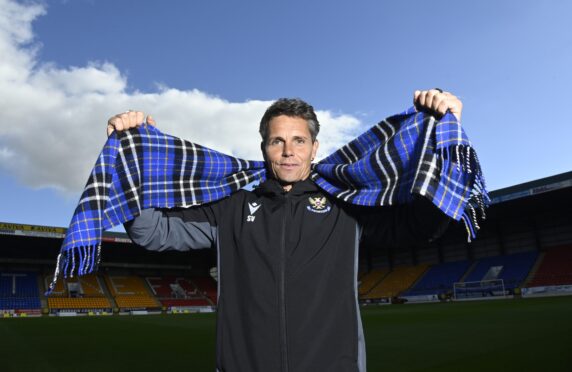
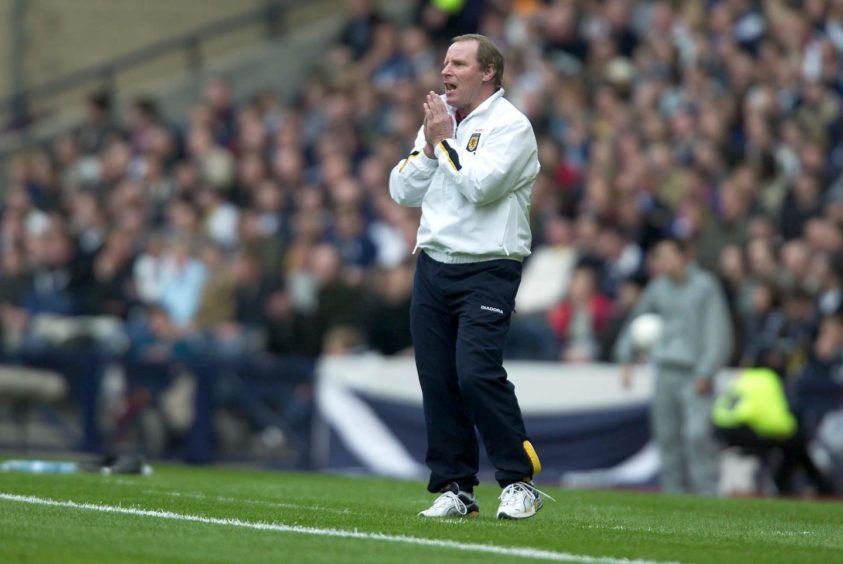
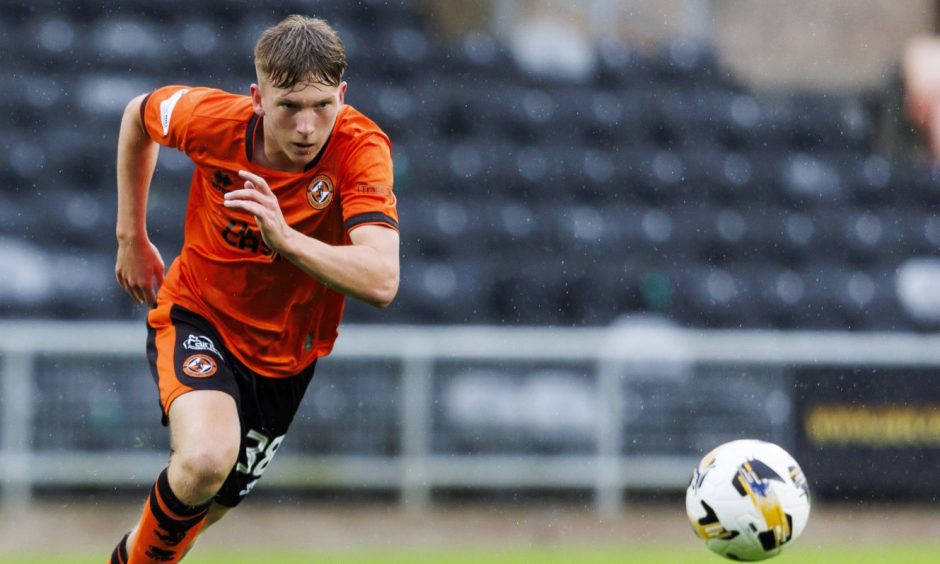
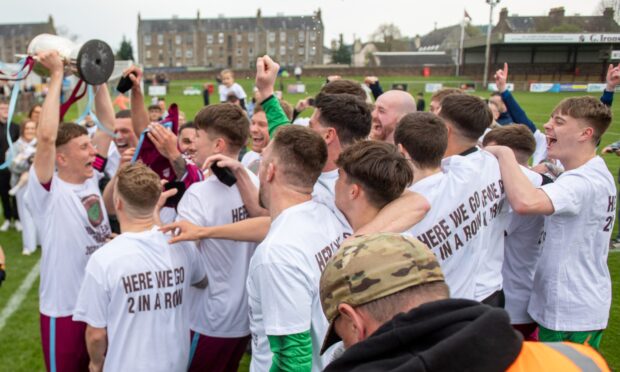
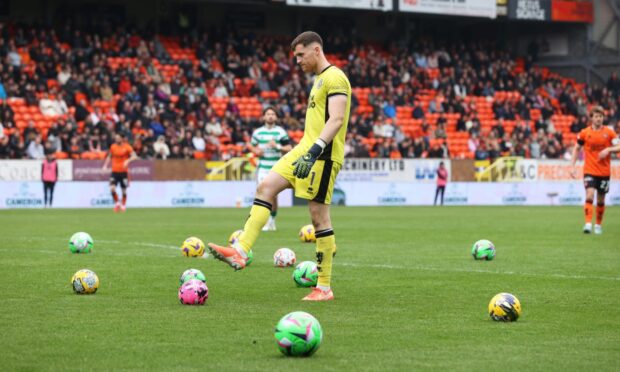
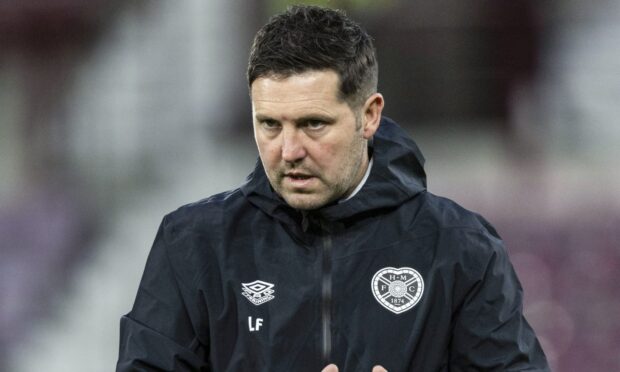
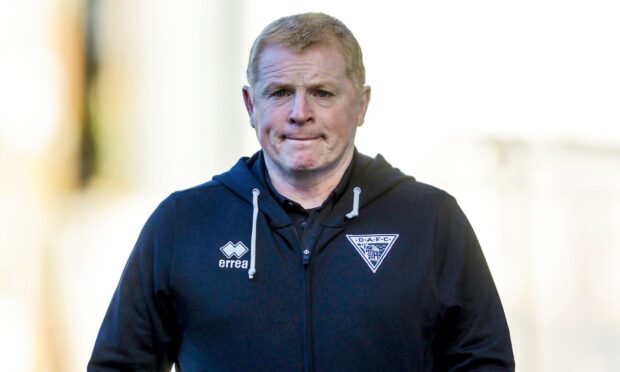
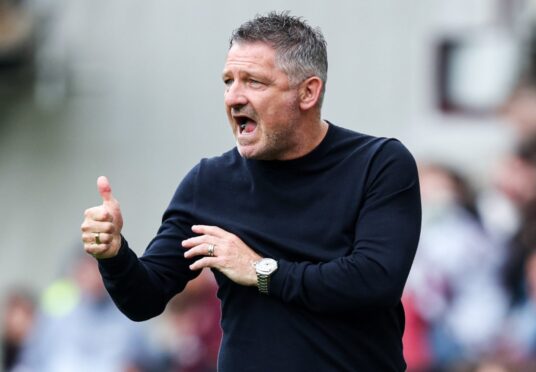
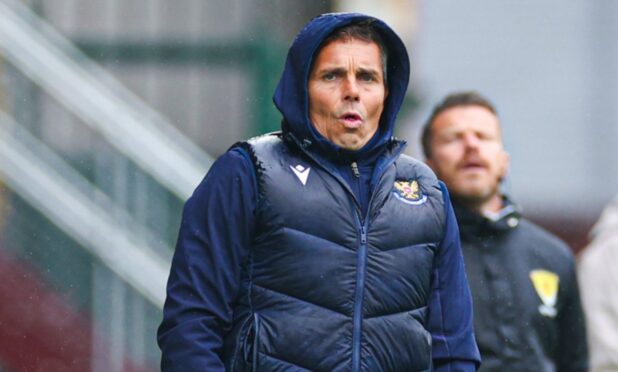
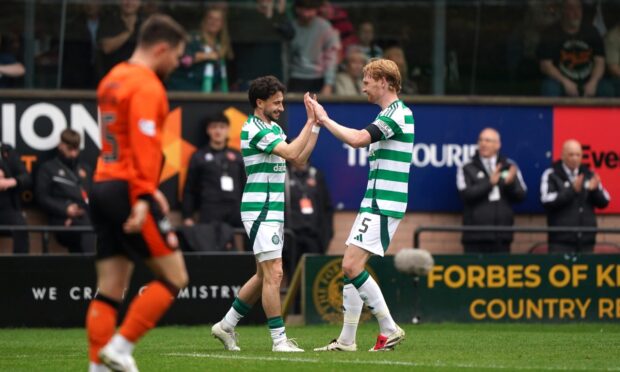
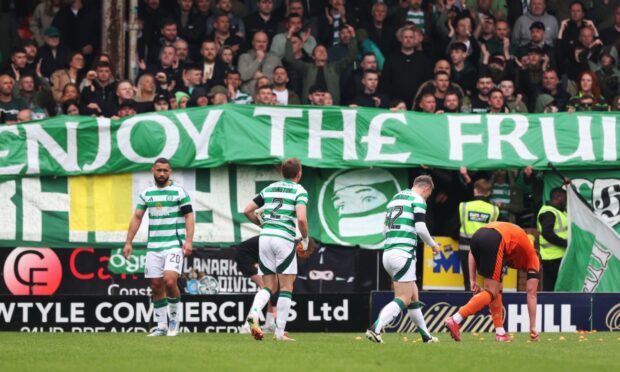
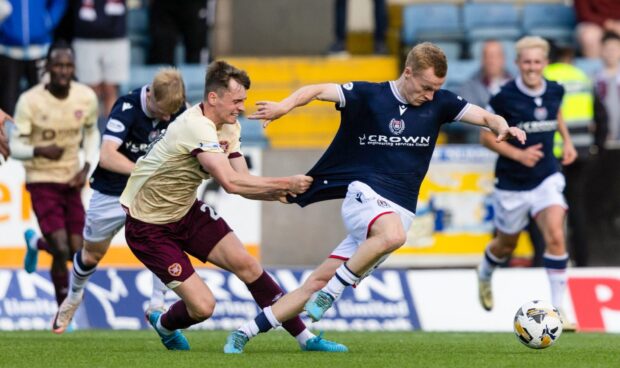
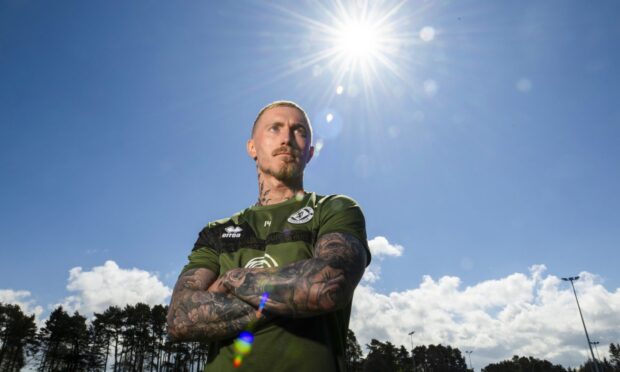
Conversation